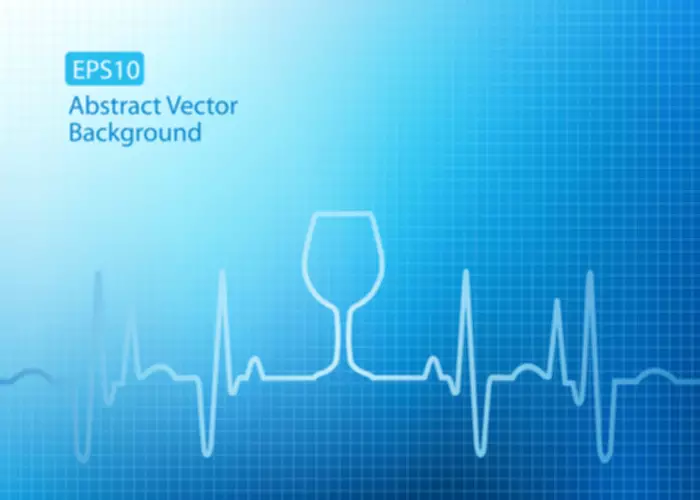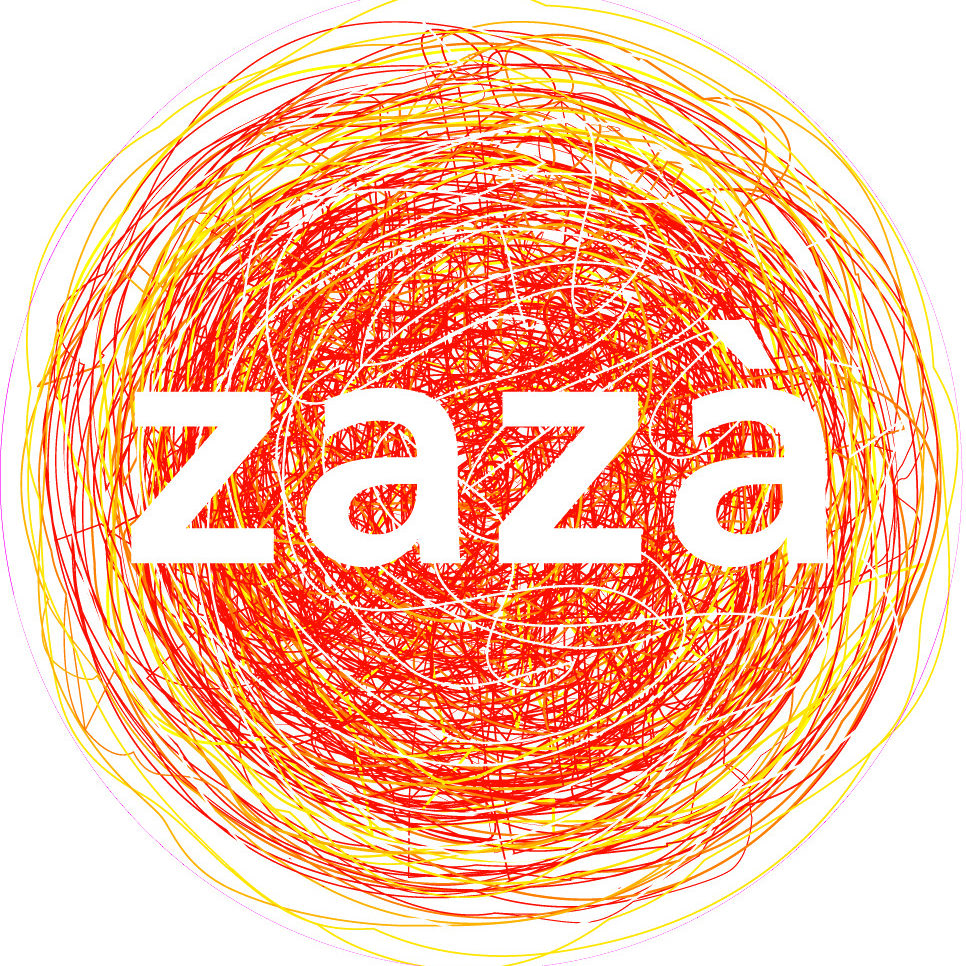Why do i sneeze after drinking alcohol?

Additionally, alcohol’s ability to disrupt sleep can make those suffering from allergies sleep worse, leading to increased fatigue and reduced quality of life. It’s crucial to be aware of these factors and manage alcohol consumption accordingly to avoid exacerbating allergy symptoms. The symptoms of alcohol intolerance usually occur immediately after drinking alcohol and can be intense.
Q 4: What tests can be performed for alcohol allergy?
Another cause of asthma symptoms can be acetaldehyde which may build up when the body cannot break down alcohol properly. Consuming alcohol can cause other effects such as fluttering of the heart (palpitations), feeling hot, headaches, gut discomfort or a drop in blood pressure. The reason for these effects is usually due to high blood acetaldehyde levels. The amount of alcohol consumed does not necessarily correlate with the likelihood of sneezing. Some individuals may experience sneezing even after consuming small amounts. Even if people don’t alcohol sneezing consume enough alcohol to cause a hangover, they can still get a headache from drinking.
Can beer cause a histamine reaction?
- This effect can also make you feel hot when you drink alcohol, but it can also lead to short-term nasal congestion.
- This condition can also make pre-existing asthma worse, so it’s important to keep an eye on your symptoms.
- If someone experiences a severe allergic reaction, they should go to the emergency room immediately.
- We use a pharmacist-formulated blend of Quercetin, Bromelain, Dihydromyricetin, Cysteine, L-Theanine, & B Vitamins to stop alcohol flushing before it can begin.
- This knowledge can guide individuals in making informed decisions about alcohol consumption, especially if they have experienced adverse reactions in the past.
- Genuine alcohol allergies, in which people only react to the alcohol, are much less frequent.
- While the cause of DAIH is unknown, researchers believe they are related to a drop in a neurotransmitter called serotonin, which regulates the body’s central pain control.
This is why people who drink alcohol at bedtime (especially in excess) may fall asleep quickly, but they are also more likely to experience fatigue and insomnia in the long run. Alcohol increases your risk of breast cancer because it causes an increase in estrogen levels, and damages DNA, which can lead to the development of cancer cells. Another reason why alcohol can cause wheezing is that it not only contains histamines but also stimulates the body to release excess histamines, causing an inflammatory response.
Alcohol Allergy vs. Alcohol Intolerance

In recent times, sulfur dioxide and sulfites have been considered allergens, and concerns about their safety as food additives have increased. Sulfites can cause a range of dermatological, pulmonary, gastrointestinal, and cardiovascular symptoms. Asthmatics, for example, are at an increased risk of having a reaction to sulfite-containing food. We have plenty of reasons on alcohol intolerances, allergies and what to do next. Our complete guide to Sudden Alcohol Intolerance is an excellent introductory resource to this condition. Just as grapes can become wine, table fruit that becomes too ripe might contain enough alcohol to cause a reaction in someone with an alcohol allergy.
Asian Flush: The Surprising Connection to Anxiety and Depression

Beer contains histamines, which are produced by yeast and bacteria during the fermentation process. An alcohol intolerance, or ingredients like histamines in alcohol cause an allergy-like reaction in drinkers, swelling the the mucosal membranes in the nasal passages and airways. Avoiding problematic ingredients or taking a supplement to reduce acetaldehyde buildup and intolerance symptoms can help prevent nasal congestion from drinking. Research shows that around 8% of people experience symptoms like nasal congestion, flushed skin, or even headaches while drinking wine. If any of this Substance abuse sounds familiar to you, you might be sensitive to one of wine’s many components.

Alcohol allergy vs. alcohol intolerance
Wine contains proteins from grapes, bacteria, and yeast, as well as sulfites and other organic compounds. Other studies have found that egg whites and gelatin are often used in the filtration processing of wine. No, alcohol-induced sneezing is a peculiar reaction that only affects a small percentage of individuals. Alcohol consumption may also stimulate the trigeminal nerve, which is responsible for transmitting sensory information from the face to the brain.
- In addition, some people find that the alcohol in these drinks irritates their nose, leading to sneezing.
- The reason for these effects is usually due to high blood acetaldehyde levels.
- As a result, the histamines can accumulate and trigger allergic symptoms.
- Sneezing after drinking beer could be caused by a mild allergic reaction due to a build-up of histamines in your system.
- It’s not hard to imagine that experiencing a pounding headache after a pint of beer can really detract from enjoying your night sneezing after drinking alcohol out with friends.
Having a mild intolerance to alcohol or something else in alcoholic beverages might not require a trip to a doctor. Simply avoid alcohol, limit how much you drink or avoid certain types of alcoholic beverages. Although not a true allergy, in some cases, what seems to be alcohol intolerance might be your reaction to something in an alcoholic beverage — such as chemicals, grains or preservatives. Combining alcohol with certain medications also can cause reactions.
How Alcohol Affects Symptoms

Some people are sensitive to sulfites and can exhibit adverse reactions to sulfite residues in foods. Such reactions can include wheezing, coughing, chest tightness, and allergic rhinitis (hay fever). In very rare cases, sulfites may cause anaphylaxis, a severe allergic reaction. Many people report that red wine causes the most noticeable nasal congestion, even in those without an alcohol allergy or alcohol intolerance. The fermentation and ageing process of making wine directly produces histamines, the chemicals your body makes in response to allergy triggers.
If you’re allergic to any of the ingredients in a mixed drink, you may want to avoid it. This dilation occurs first in the brain, so you may feel flushed or warm after only a few sips of alcohol. The dilation then extends to blood vessels throughout your body, including those in your nose. Alcohol-induced sneezing can occur even without having an alcohol allergy. It is best to consult a healthcare professional for a proper diagnosis if you suspect an alcohol allergy. In most cases, alcohol-induced sneezing is harmless and merely an annoyance.

But not many people realize that there are many ingredients, additives, and preservatives within alcoholic beverages that can cause negative side effects. In some people, these reactions look like allergy symptoms even though they don’t have a true allergy to alcohol. In this article, we’ll explore why drinking alcohol commonly leads to a stuffed up nose for so many people. More importantly, you’ll discover actionable ways to stop alcohol from inflaming nasal passages so you can avoid the dreaded stuffy nose hangover. Whether you only have the occasional glass of wine at dinner or frequently enjoy late nights out, you’re sure to learn valuable tips to nip post-drinking nasal congestion in the bud. Those “beer sneezes” do not mean you are officially drunk any more than the lack of sneezes mean you are okay to drive.
